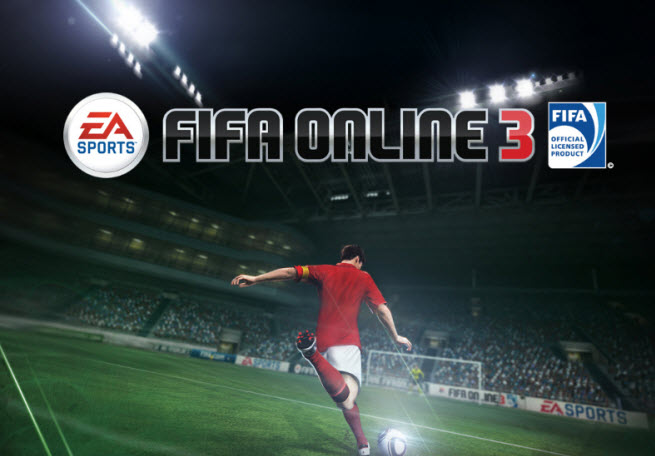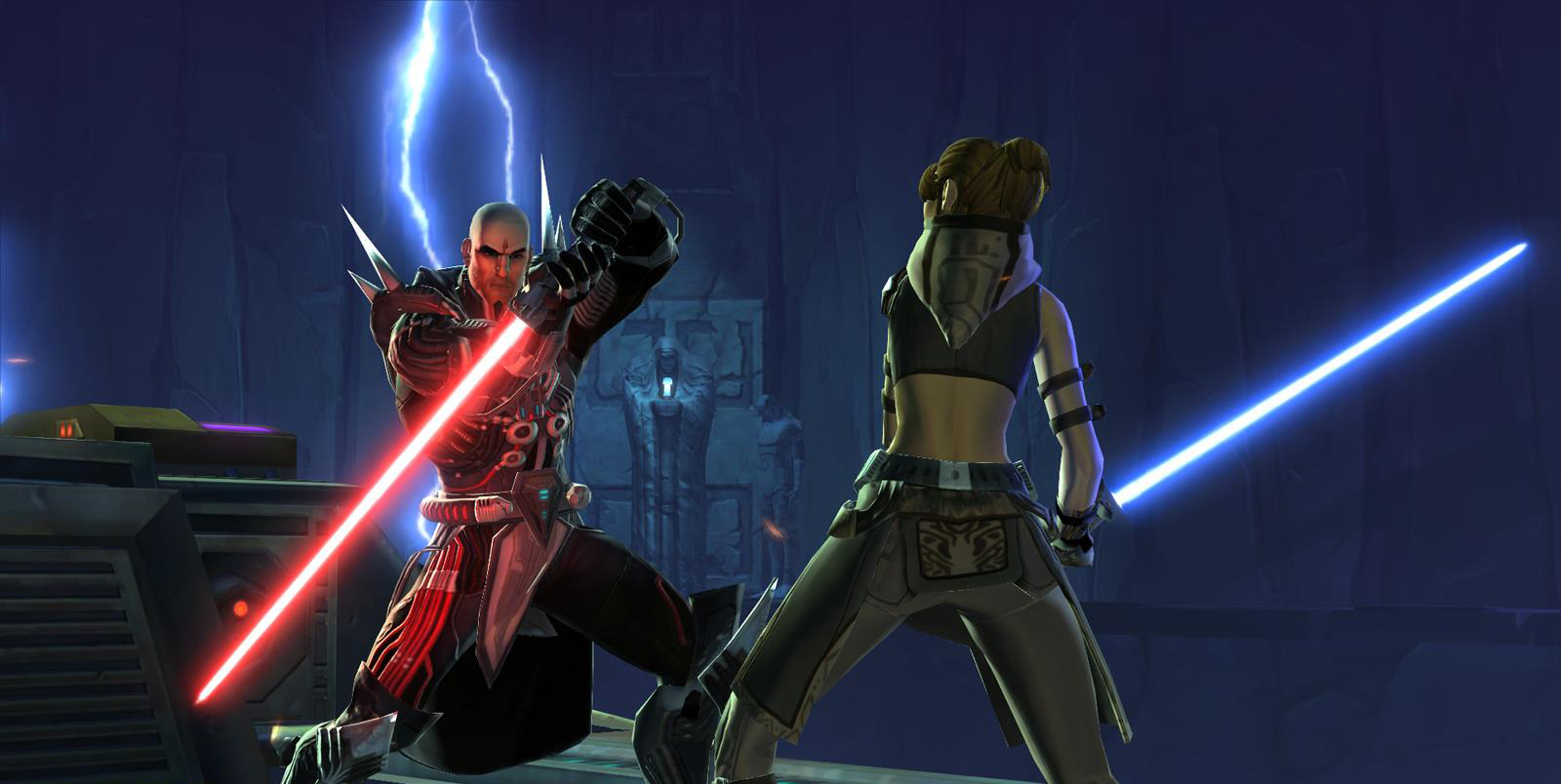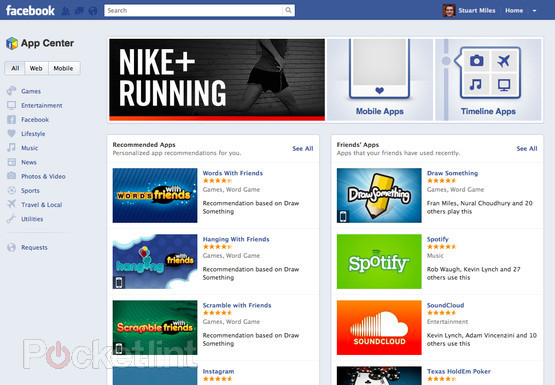By David Radd
Competitive gaming has become a reality in the West as it has been in Korea for more than a decade. It has happened simultaneous to the rise of faster? Internet that allow more games to be feasible in an online competitive setting and streaming tools that allow fans to watch and comment in real time. Playhem is one such companies leading the push for e-sports and we talked with their co-founder Keith Swan about online competitions, the boost that StarCraft II has given to e-sports, and what paid online poker tournaments might do for them.
[a]list: Can you give me an overview of what you do?
Keith Swan: Playhem is a competitive gaming platform. Our system allows users to compete in head to head matches and mass-scale tournaments and we receive a data feed from each game which allows us to autoverify the outcome within seconds of game completion. We launched a beta of our site over a year ago around AAA console titles, like EA Sports games, and then expanded into PC with Starcraft II. Last summer, we partnered with IGN to be their exclusive provider of challenge gaming and have hosted online qualifiers for their IGN Pro League events, which can sometimes exceed 1,000 entrants.
We also have run online tournaments for Activision Blizzard around their Starcraft II Global Championship Series and this spring expanded into poker with our own HTML5 product which is currently in beta. The overall concept behind Playhem is a competitive gaming platform with a full suite of games from consoles to browser-based to mobile. We also incorporate an esports component, broadcasting the live tournaments that are happening on our site through Playhem.tv, which can get up to 10,000 concurrent viewers watching for high profile matches.
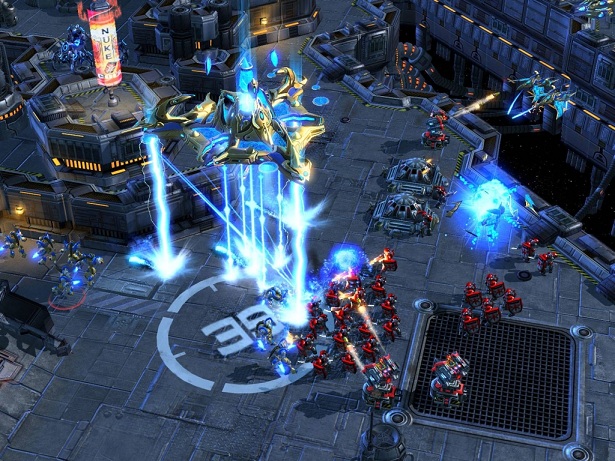
[a]list: So you see symmetry between online StarCraft II competitions and poker?
Keith Swan: A big initiative that we’re currently working on is bringing poker into the e-sports world and changing the way online poker is experienced. We think of online poker as much closer to a real-time strategy video game than we do to a physical game of table poker. To be good at online poker you need strong quantitative skills, be able to process information about your opponents, think quickly, employ calculated risk taking. The skin may be very different, but the skillsets are very similar to a game like Starcraft II or League of Legends. And not surprisingly there are a bunch of Starcraft players who are also online poker pros. We think there are some very cool ways to create new types of esports-style competitions around online poker, and we’ll be rolling out some of those features in the coming months.
[a]list: Talk to me about the IGN partnership and how that’s helped visibility?
Keith Swan: IGN launched their Pro League a little over a year ago, originally starting with online tournaments. The third event was held at Caesars Palace in Atlantic City which one of our investors helped facilitate. IGN’s obviously an incredibly well known and respected company and the IGN Pro League has been growing very quickly. Having the association with them gives a tremendous amount of credibility to Playhem. What we are doing is new so we have a lot of people that are first time users experiencing this, and having a partnership with such a trusted brand definitely helps get users to trust and engage with us. So it’s been both a driver of traffic and very good for brand association.
[a]list: How key is StarCraft II to Playhem’s business?
Keith Swan: The Starcraft II community has been amazing to us, and really helped establish Playhem as a recognized brand within the eSports world. It has been our launching pad and we will definitely remain dedicated to providing the best online platform for Starcraft competitions, but we’re also really excited about some other major titles in the eSports space which we’ll be supporting soon and super excited about what’s happening with our Poker application. What’s nice about poker is that from a user’s perspective, it’s a low barrier to entry with a massive number of players, so in just the last month we’ve gone from signing up 500 users per day to 3,000 users per day, and just jumped past 1,000,000 site visits per month.
[a]list: Why do you think now is the time things are turning around for e-sports?
Keith Swan: I think it’s a confluence of technological developments and also demographic elements. You could stream live content 5 years ago, but transfer speeds, HD, a bunch of things have progressed that makes both online gameplay and the viewing experience around it much more enjoyable. And then from a demographic level, a huge percentage of people under the age of 30 have spent almost their entire life playing video games and connecting socially around them.
As opposed to a tv show that can be sort of a one-way experience, with exports you’ve got competition,chat rooms, message boards. there’s a huge community element behind it. It’s a deeper engagement.
If you talk to David Ting from IGN or some other people in the space, they’ll tell you that e-sports can be the next major sports league. The prior generation played football and baseball and that certainly wont go away, but the current generation spends as much time playing video games as they do on an athletic field. CBS Interactive had some amazing statistics that the average concurrent viewership for the first round of last year’s march madness was 650,000. MLG Anaheim last month was 450,000, so these e-sports events are approaching traditional sports at a rapid pace.
[a]list: Certainly reaching out internationally, where console or even PC penetration is very low, helps.
Keith Swan: It’s how they experience things on the internet or a mobile device. You have people who can’t afford a console plus a game. They can play whatever they want to pay with these online games — that’s why free-to-play is becoming so compelling.
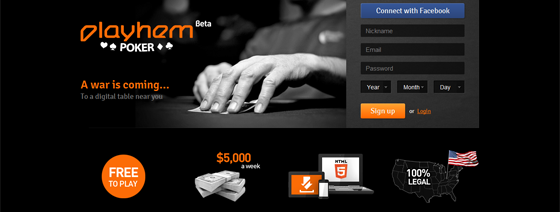
[a]list: Talk to me about the poker business and how big online gaming might be if laws change to make real-money gambling legal?
Keith Swan: Right now there’s an interesting convergence taking place between video games and the casino world. I’ve read ballpark estimates that if laws change the U.S. online poker industry becomes a $4 billion plus market. A huge portion of that market share use to be held by Pokerstars, Full Tilt and others that were operating under questionable terms, and there’s a strong likelihood that those companies will at the very least have a penalty box period where they can’t enter the market right away. The brick & mortar casinos have great brand recognition and the big names like Caesars and MGM will definitely be major players, but the skillsets required to run a physical casino versus providing a great online gaming experience for a user is very different. So we view at as an interesting opportunity down the road. We’re not going to pretend to be a Zynga or Double Down. Those guys have broad demographic userbases and are great at social. And there’s certainly aspects around things, like analytics and sharing, that we certainly try to learn from, but our focus is on creating an adrenaline-filled, competition-driven game experience for the 18-40 year old male demographic. If and when laws change, we think our community may enjoy cash play poker competitions, but we’re not building our model or experience around that assumption.
[a]list: It’s funny how the poker culture has changed from card tables and Vegas to online avenues…
Keith Swan: Personally, I love to play blackjack and poker in Vegas but the way people are consuming entertainment is changing rapidly. We’ve got the first generation of consumers who haven’t known a world without internet that is finally reaching adulthood. They feel connectivity online, and want to be able to be able to play games anytime, anywhere, and from any device.
[a]list: True enough. Thanks for your time, Keith.
_ _
Like StarCraft II tournaments? Want more e-sports with cash prizes Join the discussion on Facebook.


